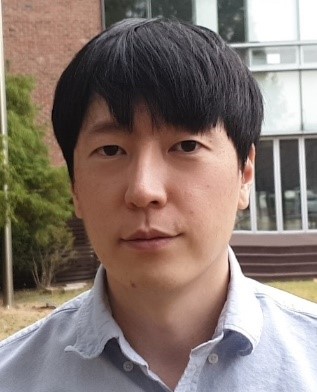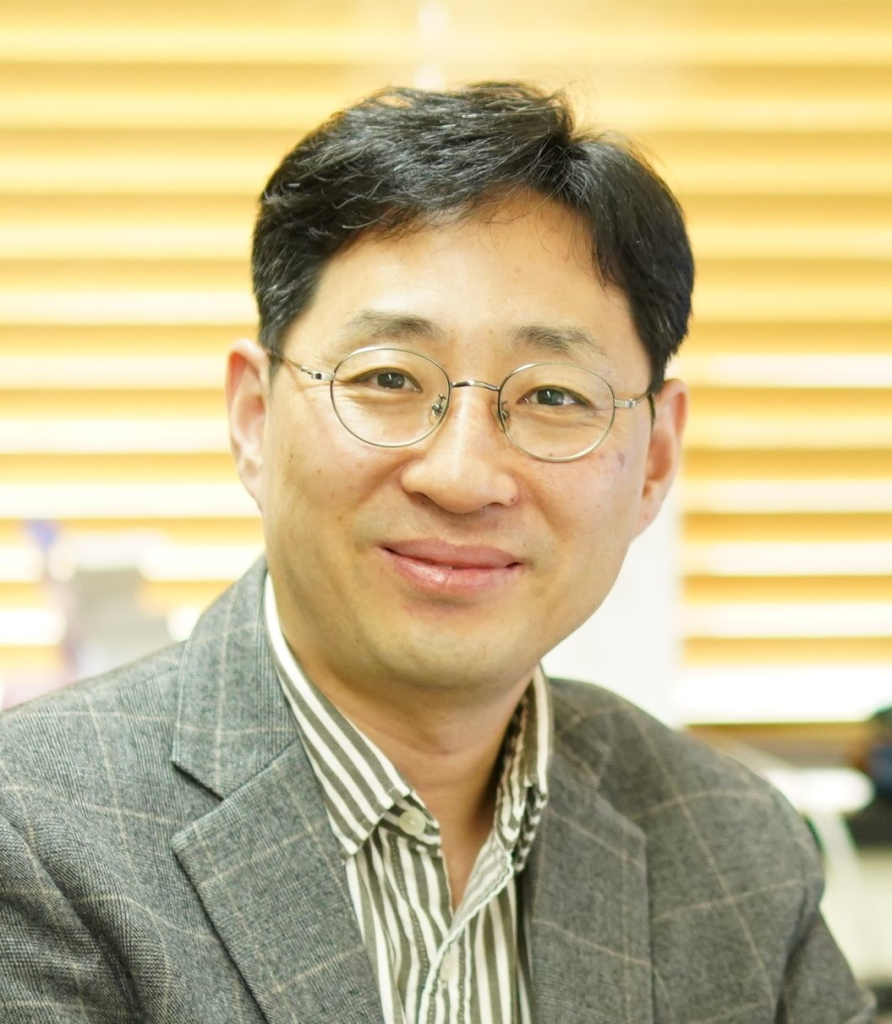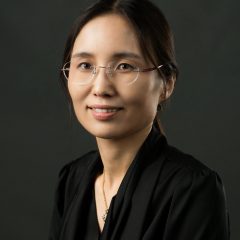Workshops & Tutorials
Tutorial 1

"Reinforcement Learning using Raisim"
• Lecturer: Jemin Hwangbo, KAIST, Korea
• Lecture Date & Time: Tuesday 4 July, 9 am – 12 pm
• Bio: Jemin Hwangbo serves as an assistant professor in the Department of Mechanical Engineering at KAIST and concurrently holds the position of Director at the Robotics and Artificial Intelligence Lab (RAI Lab). His group’s research is primarily centered around legged robotics, encompassing areas such as design, vision, control, and navigation. He obtained his B.S. degree from the University of Toronto, while his M.S. and Ph.D. were conferred by ETH Zurich. Jemin Hwangbo has contributed significantly to the field of legged robotics, with four published papers in Science Robotics, one of which was featured as one of the top ten most remarkable papers of 2019 by the prestigious journal, Nature.
• Description: Robotics is seeing a rising trend in the use of reinforcement learning, which has proven to be more effective than traditional control methods for handling some complex robots. However, implementing reinforcement learning requires a sophisticated software architecture that includes a high-performance simulator, neural network implementations, and sometimes graphics rendering pipeline. In this workshop, I will demonstrate how you can easily access all of these features using Raisim, a rigid-body physics engine that was specifically designed for reinforcement learning in simulation. Raisim now includes a photorealistic visualizer based on Unreal Engine, which can stream RGB and depth images to the C++ side. By the end of the tutorial, you will be equipped with the skills necessary to write a complete reinforcement learning session for your robot.
Tutorial 2

"Physics-informed Neural Networks with Data"
• Lecturer: Seungchul Lee, Pohang University of Science and Technology (POSTECH), Korea
• Lecture Date & Time: Tuesday 4 July, 1 pm – 4 pm
• Bio: Prof. Seungchul Lee is an associate professor at the Department of Mechanical Engineering at Pohang University of Science and Technology (POSTECH), Korea. His research focuses on Industrial Artificial Intelligence for Mechanical Systems, Smart Manufacturing, Materials, and Healthcare. He extends his research work to both knowledge-guided AI and AI-driven knowledge discovery at POSTECH.
• Description: Physics-informed Neural Networks (PINNs) have emerged as a promising approach for solving partial differential equations (PDEs) with high accuracy and efficiency. In this tutorial, I will present a PINN framework that integrates data from diverse sources to improve the accuracy and robustness of the network. This approach combines physics-based constraints with data-driven regularization to achieve better convergence and generalization. I will demonstrate the effectiveness of our method on several benchmark problems from fluid dynamics and solid mechanics. Based on the results, it can be concluded that integrating data with PINNs provides a powerful tool for solving complex PDEs and has broad implications for a wide range of scientific and engineering applications.
Workshop 1

"Development of High-strength Highspeed and Ultrathin Robot Simulator with Compound Planetary GearBased Sensor quarterly seminar-workshop"
• Workshop URL: https://sites.google.com/khu.ac.kr/ias18workshop/
• List of Workshop Speakers
– Soon Geul Lee, Kyung Hee Univ.
– Bum Joo Lee, Myong Ji Univ.
– Chi Kyeung Jun, Tech Co. Ltd
– Jung Ho Park, Seoul National Univ.
• Date & Time: Tuesday 4 July, 4:30 pm – 6:30 pm
• Description: Currently, domestic technology related to robot gearboxes is in the early stages of technology development, and securing core technologies is somewhat insufficient. Therefore, to stably revitalize the domestic robot market, R&D is necessary to reduce the technology gap with technology-leading countries. It is necessary to secure the originality and competitiveness of design, processing, and heat treatment technologies, which are vulnerable parts of Korea, by additionally securing basic technologies that are the core of gearboxes through R&D. Currently, the robot gearbox market is monopolized by Japan and has a problem that it is difficult to find a replacement. For the stable growth of the domestic robot industry market, research and development to localization are essential. For the quarterly inspection of the project to develop compound planetary gears for robots under research by localizing gears under the supervision of Kyung Hee University, I would like to apply for a workshop at the IAS 18 Society. A workshop will be held on mid-term inspection of research projects conducted in the first half of 2023, a review of the prototype of the gearbox developed, and the development of a robot control system using compound planetary gear. The 200:1 ratio gearbox prototype developed in the first half of the year can be shared by the institution and modified gearbox development can be carried out according to the expert’s opinion. The development of a motor-embedded gearbox and application to a three-axis manipulator robot demonstrate the feasibility of the gearbox, and the development of robot design and control algorithms scheduled for the second half of the year will be discussed in collaboration. This project is expected to significantly impact the robot gearbox development market in the future by developing an all-in-one gearbox that is cheaper than conventional robot gearboxes and has built-in ultra-thin sensors.
Workshop 2

"Workshop on Human-Device Symbiosis: State of the Art and Future Directions"
• Organizer: Myunghee Kim and Ashutosh Tiwari, University of Illinois, Chicago, United States
• Workshop URL: https://iasworkshop2023.github.io/
• List of Workshop Speakers
– Heejin Jeong, Arizona State University, US
– Woonhong Yeo, Georgia Institute of Technology, US
– Myunghee Kim, University of Illinois, Chicago, US
– Matthew J. Major, Northwestern University, US
– Giuk Lee, Chung-Ang University, Korea
• Date & Time: Thursday 6 July, 8:30 am – 11:30 am
• Description: Wearable devices have progressed significantly in the integration with humans, particularly in rehabilitation and augmentation. This requires an interdisciplinary approach and integration of knowledge from fields such as robotics, human-factors, soft electronics, biomechanics, and neuroscience. The workplace is a promising area for device integration, but personalizing wearable robot control parameters is a challenge. A potential solution is a personalized lower-limb wearable robot that senses a user’s physical effort using soft-wearable electronics. Another example is the use of wearable sensors to improve AR devices. To address these challenges and opportunities, a workshop has been planned to bring together researchers from diverse disciplines related to human-device symbiosis. The workshop aims to present the state of the art, identify open problems, and foster collaboration through invited talks, poster presentations, and panel discussions. Emphasis will be placed on encouraging participation from students and researchers from underrepresented groups.
